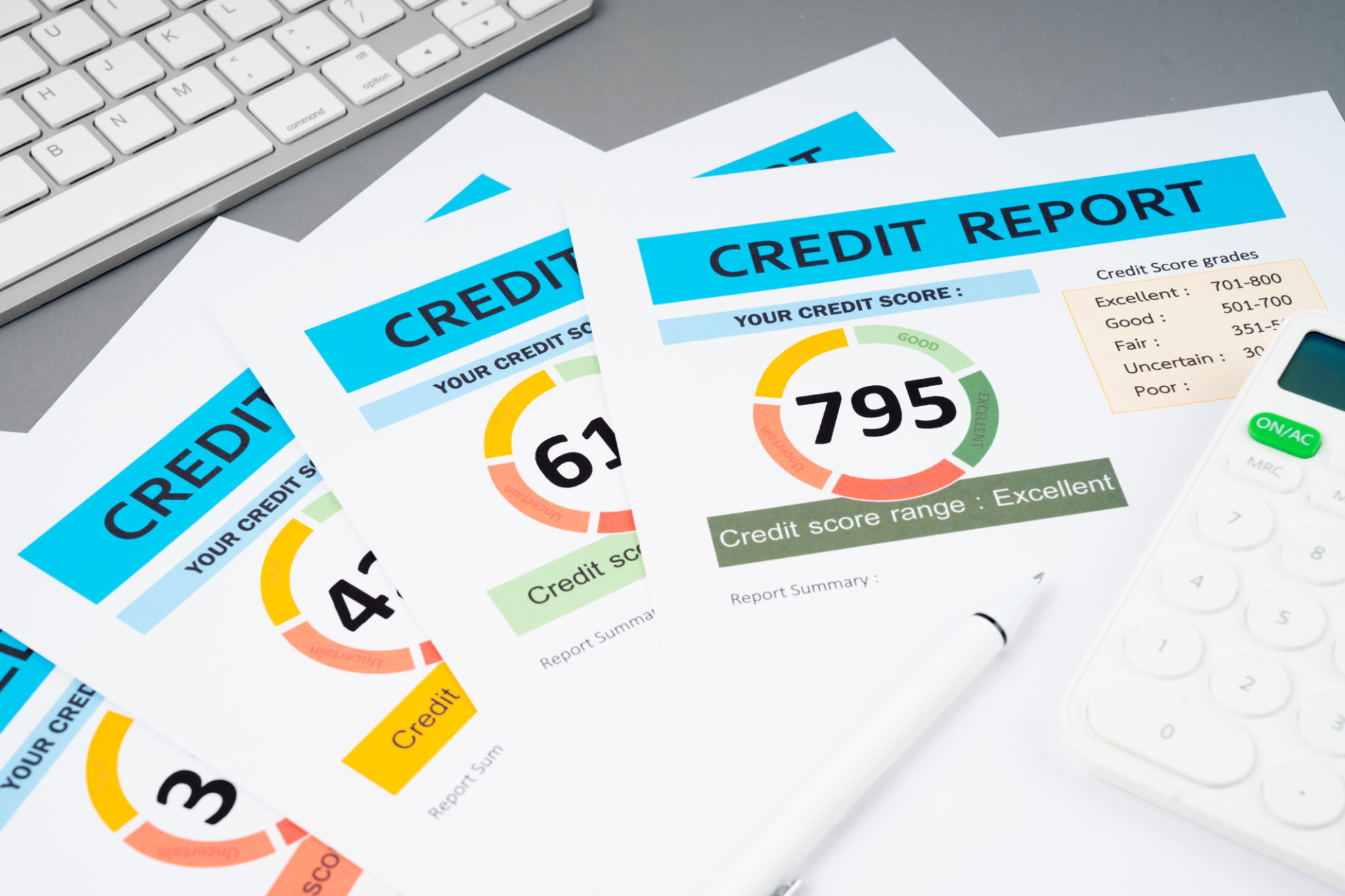Common Credit Repair Myths Debunked: What Really Works
SA
When it comes to credit repair, misinformation abounds, making it difficult for individuals to discern fact from fiction. Understanding what truly works can save time, money, and effort. In this blog post, we'll debunk some common myths surrounding credit repair and provide actionable strategies that can help you improve your credit score.
Myth 1: You Can Pay Someone to Instantly Fix Your Credit Score
A prevalent myth is that hiring a credit repair company will immediately boost your credit score. While these companies can assist in disputing inaccuracies, there is no magic solution for instant credit repair. Rebuilding credit takes time and consistent effort. Be wary of companies promising fast and guaranteed results; they may be scams.
The best approach is to educate yourself about your credit report and identify legitimate errors that can be disputed. You can do this yourself by requesting your credit report from the major bureaus and following their dispute process.

What Really Works:
Begin by reviewing your credit report for any inaccuracies. Dispute errors that are negatively affecting your score. Additionally, focus on paying bills on time, reducing debt, and maintaining low credit card balances. These actions will gradually improve your score over time.
Myth 2: Closing Old Accounts Will Improve Your Credit Score
Another common misconception is that closing old or unused credit accounts will enhance your credit score. In reality, closing accounts can sometimes hurt your score by reducing your overall credit history length and increasing your credit utilization ratio.
Instead of closing accounts, consider keeping them open and using them occasionally to maintain activity. This helps in keeping your credit utilization low and demonstrates responsible credit management.

What Really Works:
Focus on maintaining a healthy mix of credit accounts and keep your utilization below 30% of your total available credit. If you have to close an account, choose one that doesn't affect the length of your credit history significantly.
Myth 3: Checking Your Own Credit Hurts Your Score
Many people avoid checking their own credit reports out of fear that it will negatively impact their score. However, checking your own credit is considered a "soft inquiry" and does not affect your score. Regularly reviewing your credit report is an essential practice to ensure accuracy and monitor for signs of identity theft.

What Really Works:
Take advantage of the free annual credit report from each of the three major credit bureaus. By staying informed about your credit status, you can quickly address any discrepancies or signs of fraud.
Myth 4: All Debts Are Created Equal
Some believe that all debts impact your credit score equally. In truth, different types of debt have varying effects on your score. For example, revolving debt like credit cards can have a different impact compared to installment loans such as mortgages or car loans.
Understanding the nature of your debt is crucial in managing it effectively and improving your credit score strategically.
What Really Works:
Aim to pay down high-interest revolving debt while maintaining timely payments on installment loans. Reducing revolving debt can have a more immediate impact on improving your score.
By debunking these common myths and adopting proven strategies, you can take control of your financial future. Remember that improving your credit is a marathon, not a sprint. Consistency and informed decision-making will yield the best results over time.